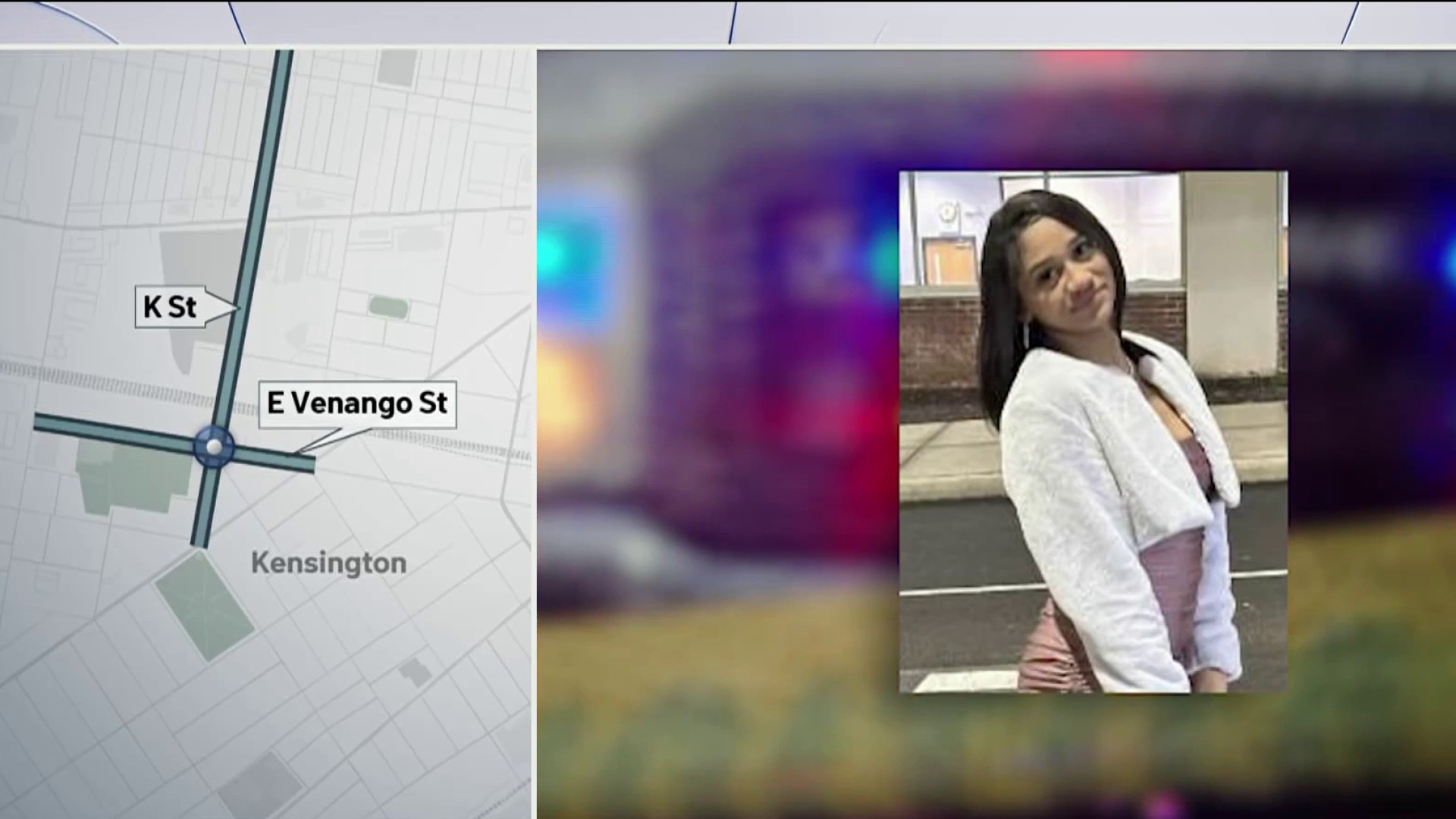A lot of questions continue to roll in regarding the Penn State scandal. Among them, why hasn’t Penn State fired assistant coach (and former graduate assistant) Mike McQueary? On Friday afternoon, new Penn State President Rodney Erickson announced that McQueary has been placed on “paid administrative leave,” but many fans remain outraged by that decision (as evidenced by comments on our Facebook page).
The simple answer to why he hasn’t been fired: Mcqueary could be protected as a “whistleblower.”
Under Pennsylvania law, a whistleblower is defined as a “person who witnesses or has evidence of wrongdoing or waste while employed and who makes a good faith report of the wrongdoing or waste, verbally or in writing, to one of the person’s superiors, to an agent of the employer or to an appropriate authority.”
U.S. laws have given whistleblower protections in some form since 1863. Since then, an array of federal and state laws have been passed to protect employees from retaliation if they report safety and legal violations or refuse to obey illegal orders. The laws typically give encouragement and job protection to people in the workplace who report illegal or immoral acts to the proper authorities. But there is nothing in those laws to ensure that an organization will investigate, stop such acts or report them to law enforcement authorities for possible prosecution.
On Friday, Federal Bureau of Investigation (FBI) whistleblower Jane Turner, a 25-year veteran Agent who blew the whistle on the FBI's failure to provide protection for child sex abuse on North Dakota Indian Reservations, issued a statement on the Penn State scandal.
“Unfortunately, I witnessed first-hand the institutional inaction that often happens when someone reports child abuse,” Turner said. “It takes enormous strength to put one’s moral integrity over your personal inclination to protect fellow colleagues who have committed malfeasance, or criminal activity. The FBI, like Penn State and the Catholic Church, are entities that allows their personnel to report allegations up a chain of command but those in positions of power or change, fail to take immediate or strong actions. It simply boils down to the fact that those in power have a stronger desire to preserve the reputation of their institution, then taking the road of truth or justice. Entities like Penn State, the Catholic Church and the FBI all share something in common; they operate in an insular world where rules or laws that apply to everyone else, do not apply to them.”
Pennsylvania Governor Tom Corbett said Thursday that there are "provisions" for whistleblowers when he was asked about McQueary's status. He also said that witnesses to the investigation are taken into account in decision-making.
Local
Breaking news and the stories that matter to your neighborhood.
If McQueary is indeed a whistleblower in the legal sense, Penn State would be forbidden from doing the following:
a) PERSONS NOT TO BE DISCHARGED — No employer may discharge, threaten or otherwise discriminate or retaliate against an employee regarding the employee’s compensation, terms, conditions, location or privileges of employment because the employee or a person acting on behalf of the employee makes a good faith report or is about to report, verbally or in writing, to the employer or appropriate authority an instance of wrongdoing or waste.
(b) DISCRIMINATION PROHIBITED – No employer may discharge, threaten or otherwise discriminate or retaliate against an employee regarding the employee’s compensation, terms, conditions, location or privileges of employment because the employee is requested by an appropriate authority to participate in an investigation, hearing or inquiry held by an appropriate authority or in a court action.



